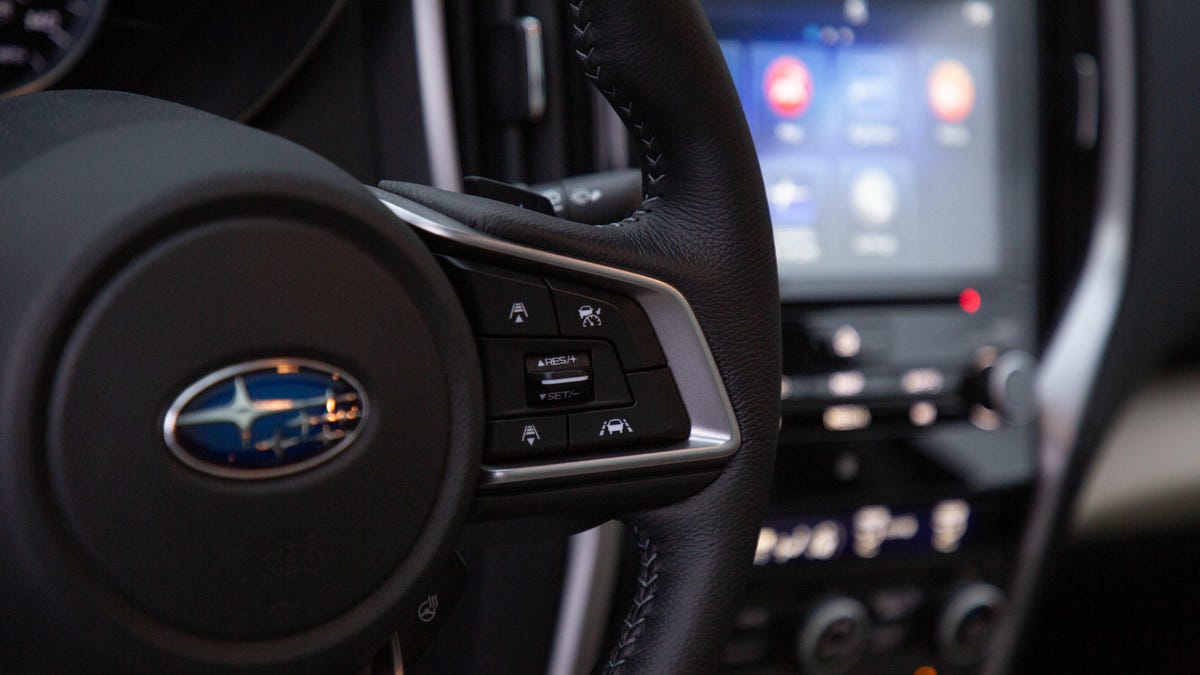Lane-centering safety technology finds no friends in latest study
Drivers enjoyed adaptive cruise control, but didn't have much faith in lane-centering technology
Increasingly, active safety technology and driver-assist systems are becoming standard gear on new vehicles. We're only now just starting to learn whether consumers actually enjoy these features or if they're more of a burden than anything.
When it comes to lane-centering systems, it's the latter. The IIHS found in a new study published Thursday that drivers didn't have a whole lot of faith in the technology compared to a system like adaptive cruise control. The study looked at 20 drivers and the insurance industry-funded safety group observed their responses during test drives.
Drivers drove two test routes: one more urban and one in a rural area. The vehicles used were a 2017 Mercedes-Benz E300, a 2019 Infiniti QX50, a 2018 Volvo S90, a 2017 BMW 530i and a 2016 Tesla Model S.
While three-quarters of the test drivers believed the adaptive cruise control did a good job accelerating and decelerating during the tests, fewer than half of them said lane-centering tech did a commendable job. Drivers were unaware if the system detected various lane markings automatically, and the uneasy feeling affected how they perceived active safety technology in a general sense.
Studies have shown active safety technology plays a big part in avoiding and reducing the number of crashes. But to see those benefits, drivers need to understand the systems and accept them. The study also found drivers were more accepting when the technology made smooth and gradual transitions automatically. Jerking and sudden movements were never appreciated.
I didn't like how this computer could just randomly decide to correct my driving when there was nothing wrong with where I had the car," one unnamed driver said in the study. "When they would correct my driving, I felt kind of insulted by the car."
Some drivers also reported the systems appeared to fight manual controls and steer them into hazards; certainly, that's another area that will keep drivers from accepting this kind of technology. After all, automation promises more safety.
The latest findings also back up a previous JD Power study that found some active safety technology was overbearing. In fact, some experience led various owners to blacklist this technology on a future vehicle.


